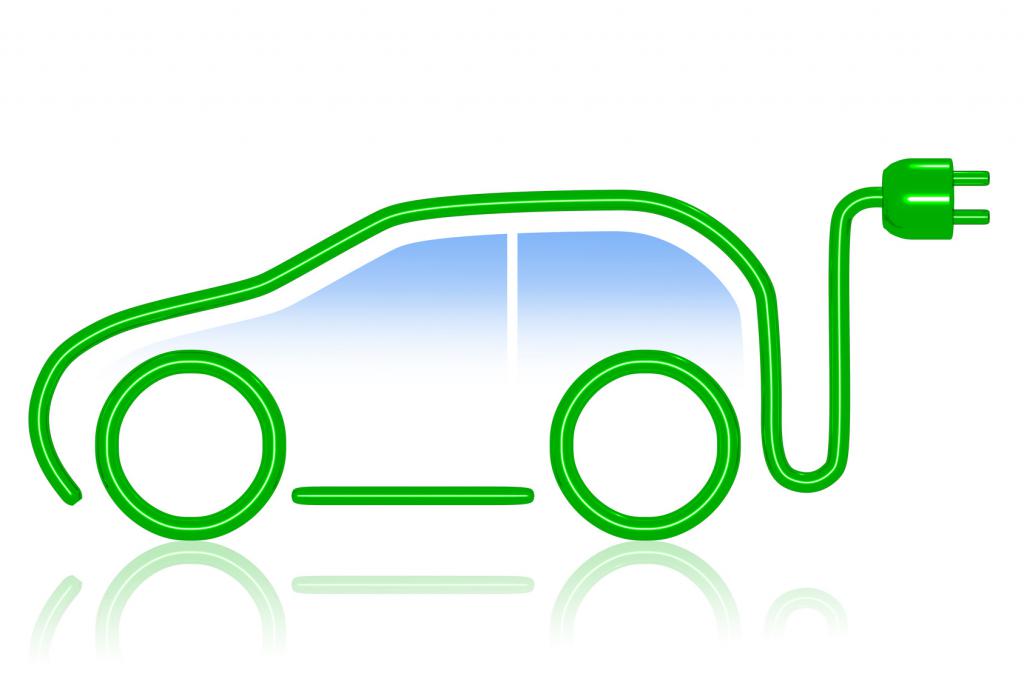
India prefers duty cuts on EVs via FTA route with specific nations
NEW DELHI : India is more open to granting duty concessions on electric vehicles (EVs) through the Free Trade Agreement (FTA) route with specific nations, a person directly aware of the matter said. This is seemingly the preferred option now given that New Delhi has ruled out lowering the import duty on EVs as a whole, a development that is expected to delay Tesla Inc’s India entry.
On December 14, Som Parkash, the junior minister in the Ministry of Commerce and Industry, told Parliament that presently “there is no proposal either to provide an exemption from local value addition cost or to provide a subsidy on the import duty on electric vehicles in India”.
“If you cut duty, you can’t do it for a single company, it will be across the board. This is why if there are FTAs, it is bilateral, then we can consider lower levies on EVs coming in from the nation that we strike a deal with, since the WTO (World Trade Organisation) allows that,” this person said.
As per norms laid down by the WTO, reductions in trade barriers should be applied on a most-favoured-nation basis to all members of the global agency. This ensures that member-countries are not discriminated against by another member’s trade regime. However, bilateral trade deals between two nations or regions are exempt from this rule, wherein trade benefits can be provided only to the parties of that particular agreement. India has been a member of the WTO since January 1, 1995.
India is currently in talks with the likes of the UK and European Union to forge bilateral FTAs. The Indian government is mulling tariff rate quotas to meet the UK’s demand for a reduction in import duties on EVs from Britain as part of the proposed trade deal between the two countries.
Media reports had earlier said that the Indian government is working on a new EV policy that would slash import levies for companies that commit to some local manufacturing. The policy being considered could allow automakers to import fully-built EVs into India at a reduced tax rate of as low as 15 percent, compared to the current 100 percent that applies to fully-built cars that cost above $40,000, and 70 percent for the rest.
However, according to the person cited above, since India has a production-linked incentive (PLI) scheme for EVs, the sector needs to be protected by ensuring a balance between domestic and foreign entities.
The Indian government has already taken steps to push for the adoption of EVs. Apart from the PLI scheme for the automobile and auto component industry with a budgetary outlay of Rs 25,938 crore to provide financial incentives to boost domestic manufacturing of advanced automotive technologies products, including EVs and their components, it has also reduced the goods and services tax on EVs to 5 percent from 12 percent.
